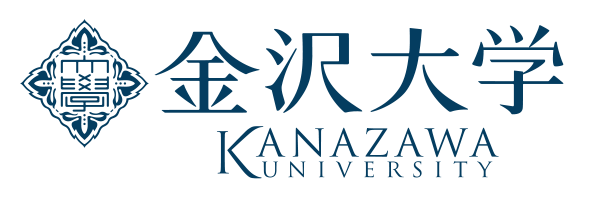Abstract:
A researcher at Kanazawa University explained normative and institutional factors behind the increasing contentiousness of UNESCO’s “Memory of the World” program. She analyzed the controversy over the recent inclusion of Chinese documents related to the Nanjing Massacre in the program, and identified a failure to resolve the tension between universal “solidarist” forces based on human rights and “pluralist” forces advocating the rights of individual states to act independently and to shape their own history.
Kanazawa, Japan – UNESCO established the “Memory of the World” program to promote the preservation of important historical documents globally. However, this program’s validity has been questioned in the wake of controversy over the inclusion of documents about the Nanjing Massacre, with China asserting the global historical importance of these documents but Japan questioning their authenticity and the capacity of UNESCO to appropriately evaluate documents for potential inclusion in this program.
In a new paper published in the journal Contemporary Politics, Ryoko Nakano from the Faculty of Law at Kanazawa University sheds light on this controversy from a novel perspective. She analyzes the background of the establishment of this UNESCO program and the form in which it is currently administered, and proposes that a failure to consider and accommodate the tension between universal, global and individual-state-led approaches to heritage and history is at the root of the program’s current difficulties.
The “Memory of the World” program deals specifically with preserving documents and works of art from all over the world. One of its aims is to encourage states to revisit their own history and redefine it in ways that enable a single, universal history of humankind to be established.
The inclusion of documents about the Nanjing Massacre in the “Memory of the World” register has drawn attention and criticism of this program, particularly from Japan. This incident, which occurred in 1937–1938, is acknowledged to have involved a large number of deaths of Chinese at the hands of Japanese soldiers, but there is disagreement between the two countries about the number of those killed and the overall significance of the event for global and in particular East Asian history.
Professor Nakano asserts that deficiencies in the current set-up of the “Memory of the World” program are at the heart of this controversy. She says that these deficiencies can be understood by focusing on the tension between “solidarist” forces that led to the establishment of the program, associated with efforts to promote a common global heritage with an emphasis on human rights, and “pluralist” forces maintaining that individual states have a right to sovereignty, including in framing their own histories.
“The failure to resolve the tension between solidarist and pluralist forces has brought the legitimacy of the whole ‘Memory of the World’ program into question,” Professor Nakano says. “This failure is based on factors such as the absence of a treaty or convention on which this program is based, a lack of means for negotiation or objection to nominated ‘memories’ or documents by state members of UNESCO, and a lack of expertise on East Asia in the assessment panels.”
The professor claims that efforts to alleviate this tension, such as by providing more scope for state participation and increasing the transparency of the process by which nominated documents are judged to warrant inclusion in the program, will strengthen it and its ability to continue to defend the world’s documentary heritage.
Article
A failure of global documentary heritage? UNESCO’s ‘Memory of the World’ and heritage dissonance in East Asia
Journal: Contemporary Politics
Authors: Ryoko Nakano
Doi: 10.1080/13569775.2018.1482435.
Funders
This work was supported by JSPS KAKENHI Grant-in-Aid for Scientific Research (C) [Grant Number 17K03582] and JSPS Topic-Setting Program to Advance Cutting-Edge Humanities and Social Sciences Research.



 PAGE TOP
PAGE TOP